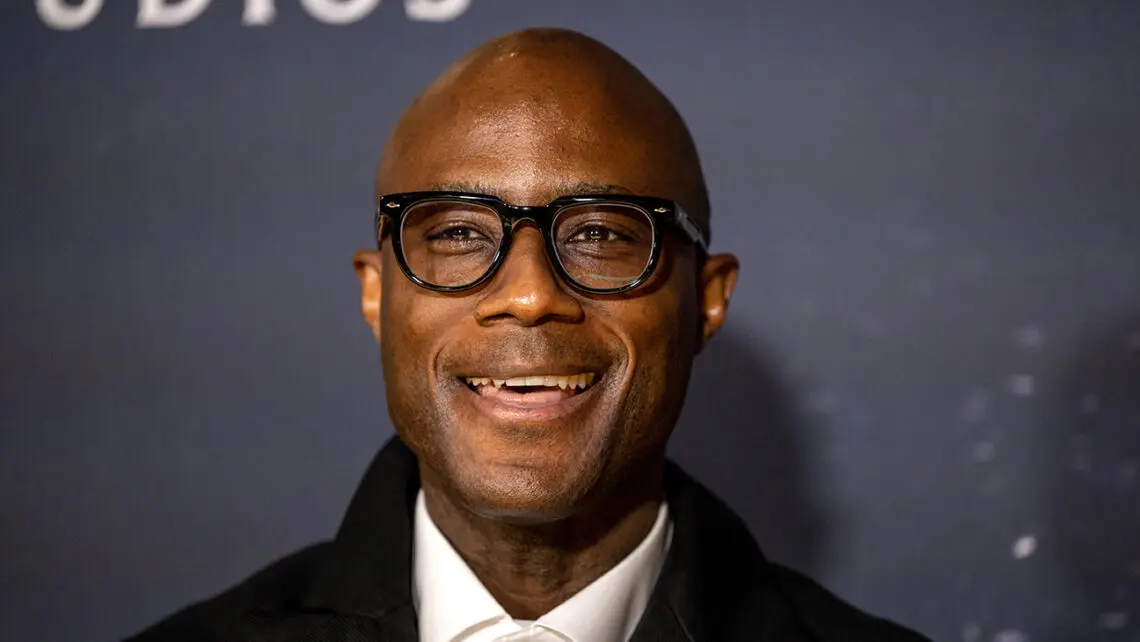Barry Jenkins isn’t itching to return to the CGI technology behind his upcoming Mufasa: The Lion King. Set for release Dec. 20, Mufasa: The Lion King is a follow-up to 2019’s The Lion King, a “live action” remake of Disney Animation’s 1994 film of the same name. Like its predecessor, Mufasa is entirely CGI, and relies on photorealistic animation to bring the safari characters to life. “When I took this job, the idea was ‘What does Barry Jenkins know about visual effects? Why the hell would he do this movie?’” Jenkins recalled in an interview with Vulture. He also knew people would ask, “Why would he be making The Lion King?” “I think part of that I found very invigorating,” Jenkins continued. “People make these things, you know, with computers. So anybody should be able to do this. Anybody, right? There’s nothing physically that says I am incapable of doing this.” He also acknowledged that he accepted the job as “work for hire,” partially out of a desire to ensure steady work in Los Angeles for three years, where he lives with his wife, The Farewell filmmaker Lulu Wang. “I needed to slow … the fuck … down,” Jenkins said, noting he and his wife were often whisked to different cities for their various jobs. Jenkins added this week that he almost said no to the project. When Disney first sent him the script, “My thought was, Oh, I’ll just give this a few days and I’ll call my agent and tell them I’ve read it and I’m not going to do this project,” he said. He and Wang then went on vacation and he forgot about the whole thing. When he returned, he remembered: “OK, shit, that’s right! I have to call my agents tomorrow and remind them that I’m not going to do this project.” Then, his wife asked him: “Are you afraid to read it?” After telling himself he would read five pages of the script, he ended up reading 50. “I turn to Lulu and go, ‘Holy shit, this is good,’” he recalled. Bringing the script to digital life, however, proved more difficult. The CGI movie required no sets or costumes, and instead used an empty soundstage. “It is not my thing,” Jenkins said of the process. “It is not my thing. I want to work the other way again, where I want to physically get everything there. I always believe that what is here is enough, and let me just figure out what is the chemistry to make alchemy? How can these people, this light, this environment, come together to create an image that is moving, that is beautiful, that creates a text that is deep enough, dense enough, rich enough to speak to someone?” The Moonlight filmmaker said he tried to bring some of this philosophy to Mufasa, emphasizing long, unbroken shots that Disney sometimes noted were too “slow.” He even recounted one instance in which animators accidentally created a scene that made it appear as if the camera operator had lost their balance. Though the team took it out at first, Jenkins told them to put the mistake back. “Don’t smooth the shit out,” he said. “We want just something that has texture, something that feels organic. And sometimes that can be the hardest thing to dial in because every single blade of grass has to be created by someone. But you ultimately don’t want everything to feel like it’s been created by anyone. You want it to feel like it naturally arose.” Mufasa: The Lion King hits theaters Dec. 20.

 English
English




